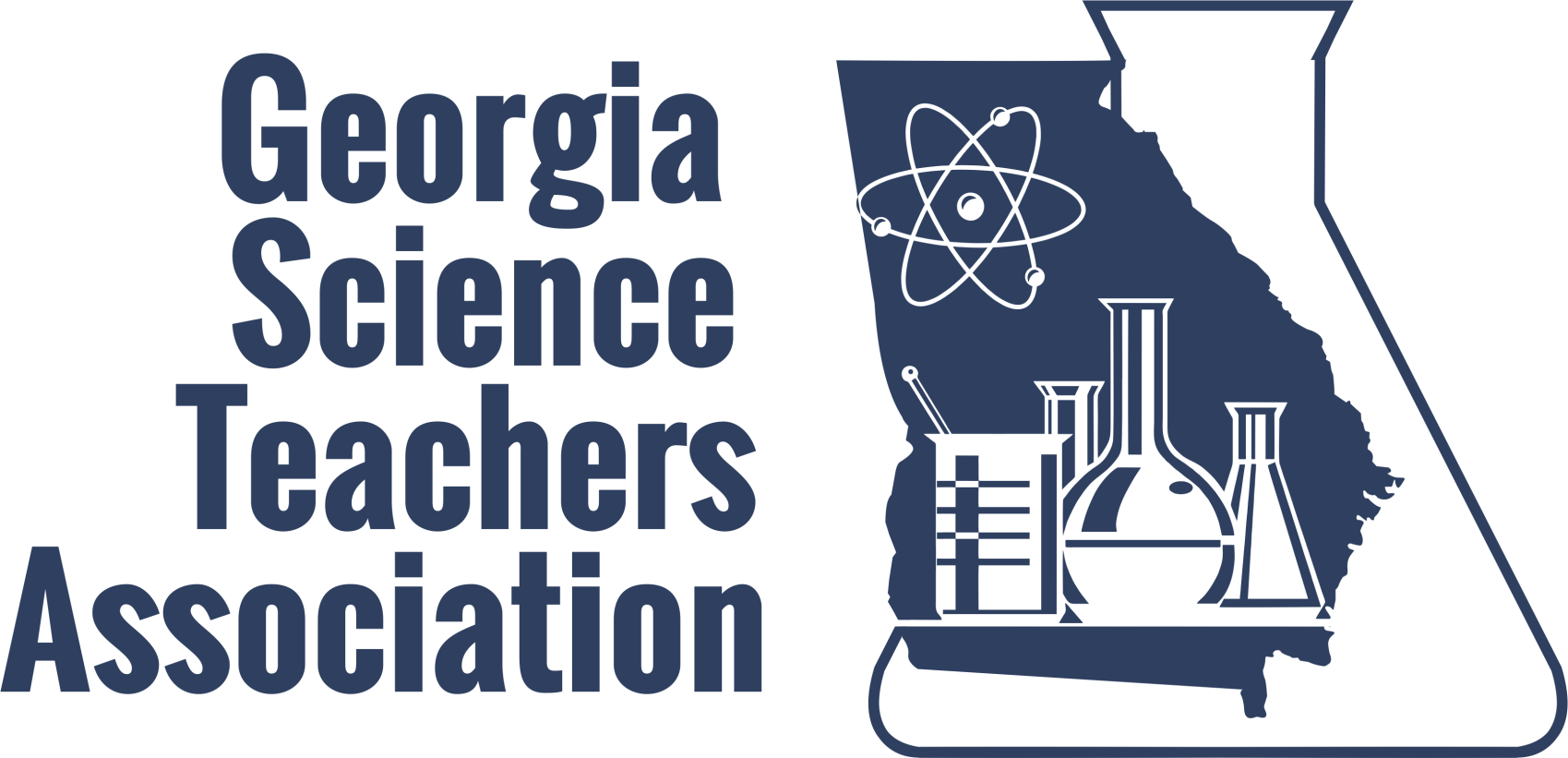“Although the bill does retain testing for math and science, it does not treat STEM education as a national priority. It removes the Math and Science Partnership program (Title II B) and places no priority for STEM-related activities in the state grants provided for teacher programs. This is a huge disappointment to many in the STEM education community.”
That’s what Jodi Peterson, NSTA’s Assistant Executive Director of Legislative Affairs, had to say about the Senate’s proposed replacement for the maligned NCLB law. Please read her full blog post here. GSTA’s President, Dr. Donna Governor, has contacted Georgia Senator Johnny Isakson, a member of the HELP Committee working on this bill, and we encourage you to do the same. You can email senator Isakson here to ask him to restore STEM as a priority area and to restore the Math-Science Partnership program. We know many of you have benefitted directly from this program, and personal stories of those benefits can be very persuasive.
Here is a summary from our Legislative Consultant, T.J. Kaplan, of other key provisions in the proposed bill… Senate begins markup of federal education legislation to replace NCLB: The bipartisan bill to replace No Child Left Behind that was crafted after months of negotiations between Sens. Lamar Alexander (R-Tenn.) and Patty Murray (D-Wash.) would end federal high-stakes testing and grant more power to states to decide what to do about struggling schools and how or whether to evaluate teachers. The Senate education panel … hopes to bring the bill before the full Senate later in the spring. The 600-page proposal would make plenty of other changes to the way the country’s 100,000 public schools operate…
Among the provisions: … States would still have to administer reading and math tests to students in grades three through eight and once in high school, and science tests once in elementary, middle and high school. But states could choose one end-of-year test or a series of smaller tests that would combine to create an overall measurement of student achievement. …States would design their own systems to hold schools accountable for educating kids. It must include graduation rates, English proficiency rates for English learners and some measure of college or career readiness. … It would be up to states to decide whether to evaluate teachers, and, if so, how to do it. That’s a big departure from current conditions … The bill says states have to assure the federal government they have “challenging” standards but that’s about it. What’s more, the federal government isn’t allowed to mandate or encourage states to adopt any standards, including as a condition of competitive grants, the way the Obama administration used Race to the Top to nudge 43 states and the District to embrace the Common Core. http://bit.ly/1IvF1Nl.
Regards,
Jeremy Peacock
GSTA President Elect & Advocacy Chair
 Supporting Excellent Science Teaching for Georgia
Supporting Excellent Science Teaching for Georgia